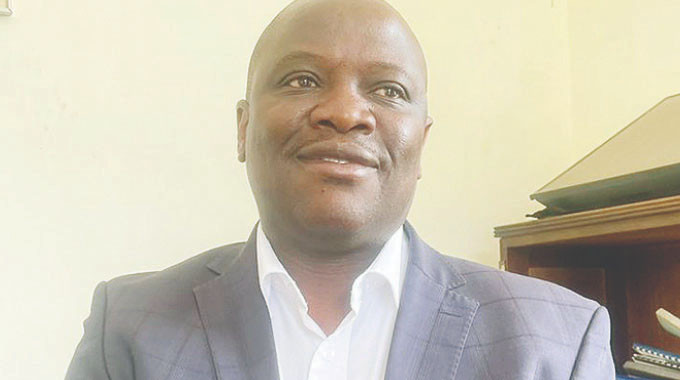
Harare City Council is set to revise its shop licensing fees by 54% to US$300 per year from the current US$ 649 in the proposed 2025 budget to make it more affordable for small and medium-sized enterprises.
The initiative is part of the city's broader ambition to transform Harare into a world-class city this year.
It came after repeated complaints by small to medium enterprises (SMEs) over exorbitant licensing fees and the rigid non-transferability of licences when businesses relocate.
SME’s are a critical pillar for Zimbabwe's economy, contributing about 60% to the national gross domestic product (GDP).
Zimbabwe has one of the largest informal economies in the world due to the rapid collapse of companies and years of currency instability as well as high levels of inflation.
Council spokesperson Stanley Gama said the revised fees aim to ease the licencing costs for SMEs.
“The Harare City Council has introduced significant changes to its shop licensing policies, aiming to make fees more affordable and manageable for small and medium-sized enterprises,” Gama said.
“The changes include reduced fees for stallholders and tailoring shops, from US$649 to US$300 annually, with the option to pay US$40 monthly.
- Harare cancels Pomona waste deal
- Experts downbeat as Ncube cuts GDP forecasts
- Devolution gains remain a mirage
- New perspectives: De-link politics from Zim’s education policies
Keep Reading
“Additionally, licence fees are now categorised based on business size, with small businesses paying US$400, medium businesses US$600, and large businesses US$800 annually.”
He said SMEs can now choose from flexible payment options, including monthly, quarterly, biannual, or annual payments, with the added option of a three-instalment payment plan to ease financial pressure.
Gama said the local authority was also tackling complaints regarding the inability to transfer shop licences when relocating.
He said the Shop Licences Act governs transfers, and the 2025 budget would introduce options for monthly or quarterly licences to cater to SMEs that frequently change locations.
Gama acknowledged the need for greater engagement with the SME community.
“We have reviewed fees based on consultations and are introducing flexible terms to promote compliance, our offices are open for enquiries, and we remain responsive to concerns,” he added.
“These changes are part of a broader strategy to create an enabling environment for SMEs, ensuring their growth and contribution to the city’s economy.”
Council’s efforts will also support the formalisation of informal traders, a key goal in Harare’s development blueprint.
The local authority’s budget is subject to approval by the Ministry of Local Government and Public Works.










